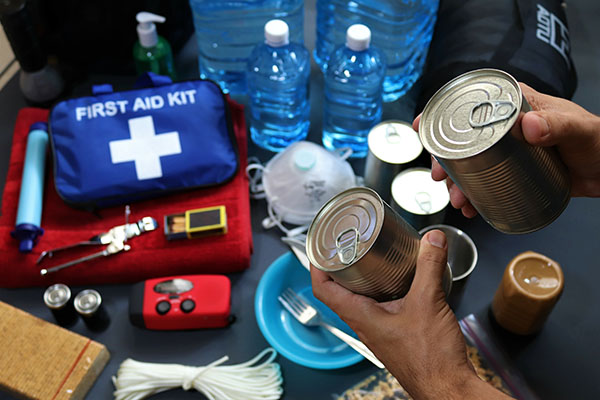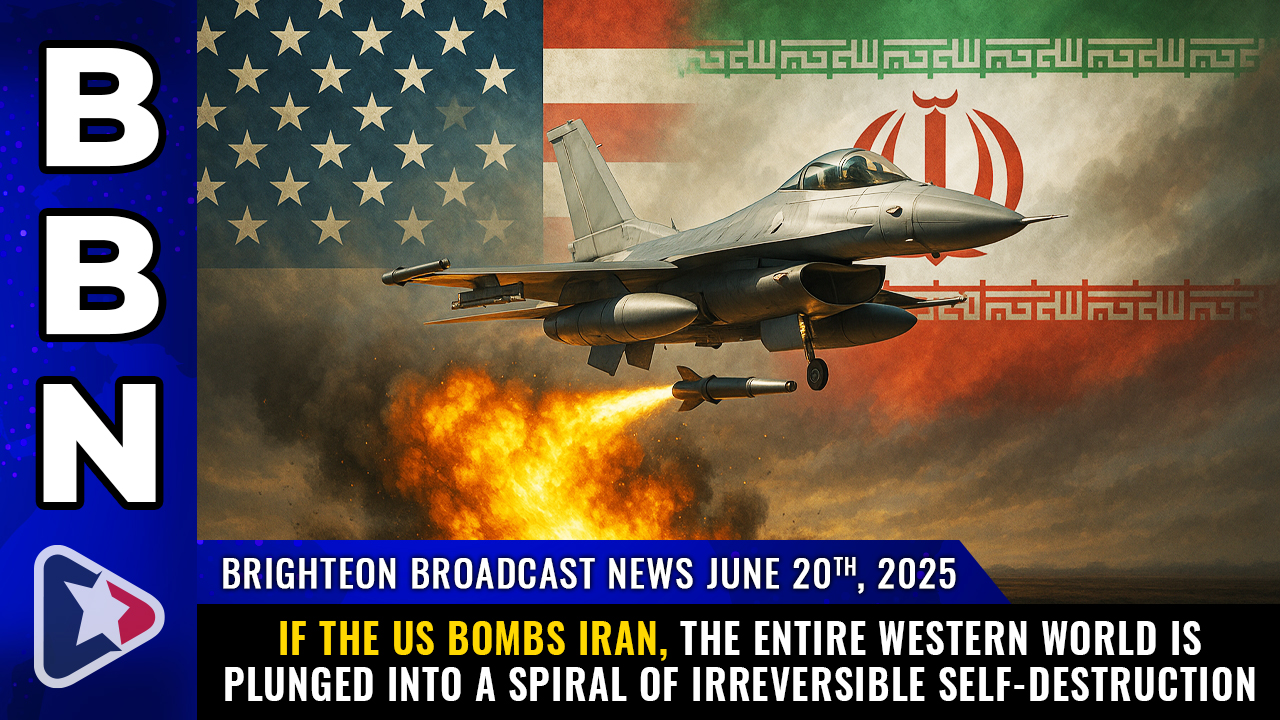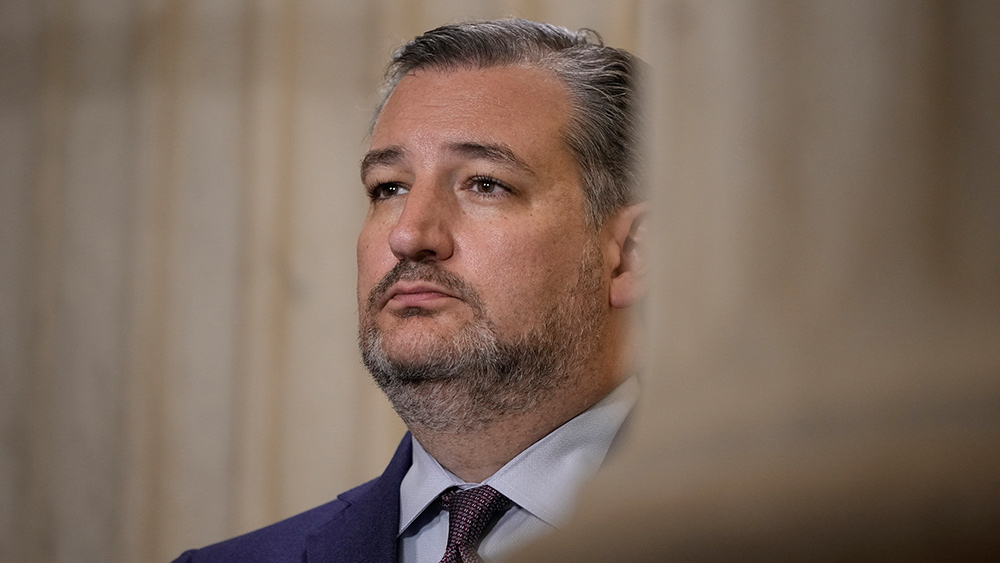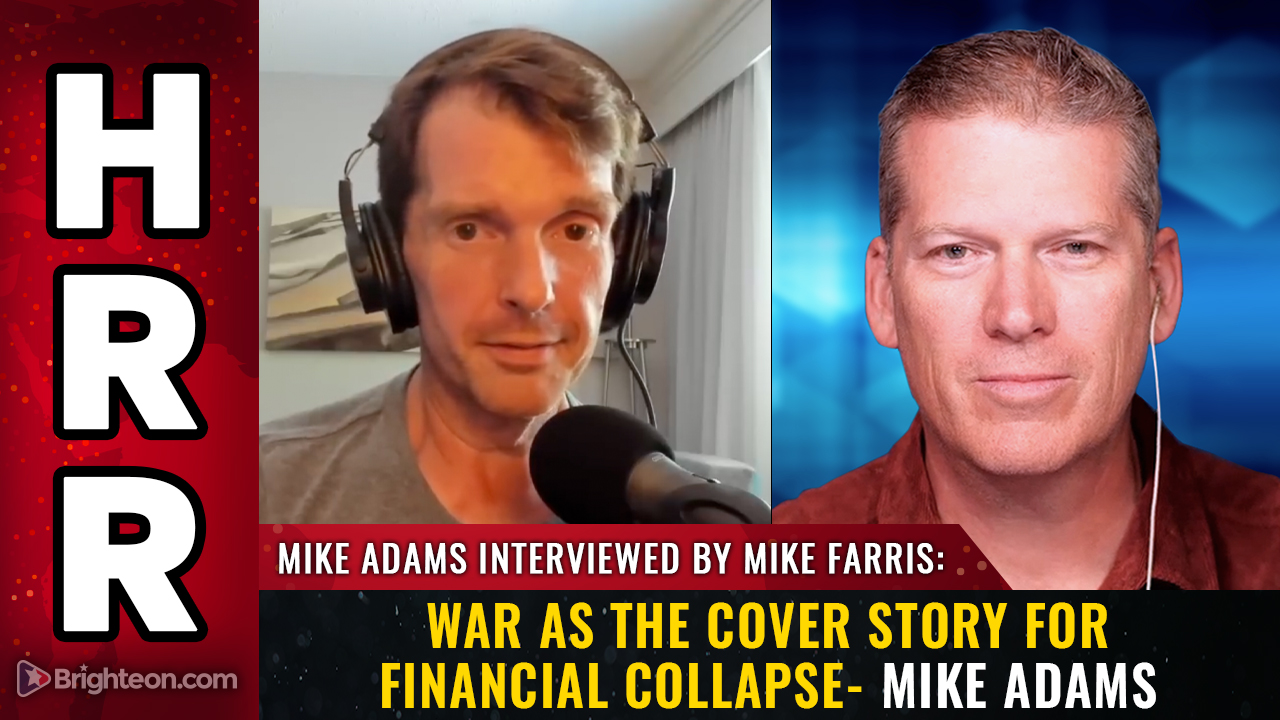 Parler
Parler Gab
Gab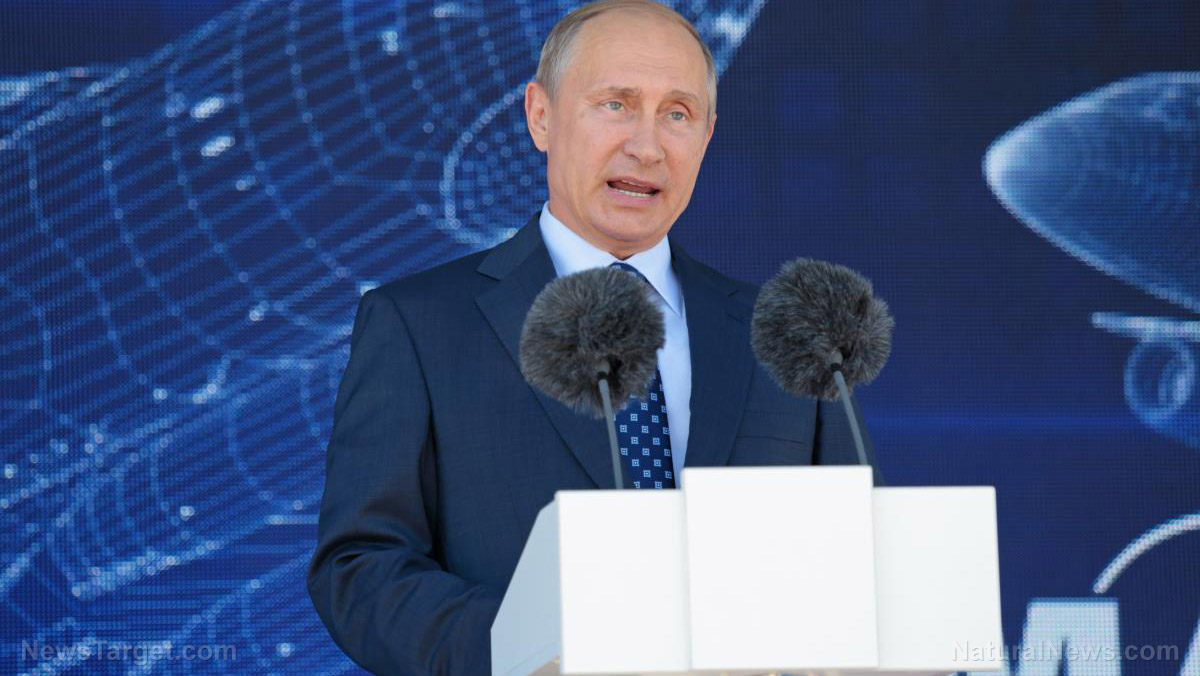
- Russia introduces the "Eurasian Lyceum" model, emphasizing non-politicized education, cultural preservation, and vocational training.
- The initiative targets "friendly nations," particularly in the Global South, offering infrastructure, teacher training, and curriculum development.
- Officials frame the program as a counter to Western dominance, promoting "genuine sovereignty" rather than dependence.
- Critics warn this could be a soft power play, embedding Russian influence in developing nations' education systems.
- Vladimir Putin emphasizes education as a tool for national identity, economic growth, and resistance to "Western-centric" ideologies.
A new Cold War in the classroom?
Russia’s push for a "multipolar" education system is not merely an academic exercise—it’s a calculated geopolitical maneuver. Education Minister Aleksey Kravtsov touted Russia’s top-tier academic rankings and Olympiad dominance as proof of its system’s superiority. But the real message was clear: Moscow is offering an alternative to what it sees as Western ideological indoctrination. "We do not offer dependence, we offer sovereignty," declared Yevgeny Primakov, head of Rossotrudnichestvo, Russia’s humanitarian agency. His words echo a broader Kremlin narrative that paints the West as a neocolonial force, imposing its values through institutions like the UN and Western-funded NGOs. By contrast, Russia’s model—built on "non-politicization, relevance, and transparency"—claims to empower nations to craft their own destinies. Yet skeptics argue this is doublespeak. Historically, education has been a battleground for ideological influence. The Soviet Union once exported Marxist-Leninist curricula to satellite states; today, Russia’s "Eurasian Lyceum" could serve a similar function—subtly aligning nations with Moscow’s worldview while resisting Western liberal norms that have perverted education.Sovereignty or subversion?
Primakov’s examples—building schools in remote regions, integrating cultural heritage, and prioritizing vocational training—sound noble. But the devil is in the details. Early vocational training, for instance, could steer students away from critical humanities and toward technical fields that align with Russia’s economic partnerships (think energy and defense). Meanwhile, "non-politicization" may mean sidelining discussions on democracy, human rights, or LGBTQ+ issues—topics often censored in Russia itself. Vladimir Putin’s forum address doubled down on this vision, framing education as a tool to "strengthen national identity" against the tide of globalization. His emphasis on "digital integration" and AI raises another question: Will Russian-backed schools promote homegrown tech over Western platforms, further isolating these nations from Silicon Valley’s influence?The Global South’s dilemma
For developing nations, Russia’s offer is tempting. Unlike Western aid, which often comes with strings attached (governance reforms, austerity measures), Moscow promises autonomy. But autonomy at what cost? Accepting Russian-built schools and curricula could deepen dependency on Kremlin-aligned institutions, much like China’s Belt and Road Initiative creates debt traps under the guise of infrastructure investment. The timing is also suspect. With Russia facing unprecedented isolation over Ukraine, expanding its educational footprint may be a desperate bid to cement alliances. As one analyst noted, "Education is the ultimate long game—shape the minds of today’s youth, and you control tomorrow’s leaders." Russia’s education offensive is more than philanthropy—it’s a strategic gambit in a high-stakes battle for global influence. While the West lectures on "democratic values," Moscow is building schools, training teachers, and crafting curricula that could shape the next generation’s loyalties. The question isn’t just whether nations will accept Russia’s model—it’s whether the West will wake up before it’s too late. Sources include: RT.com EN.Kremlin.ru EN.SputnikNews.africaTrump faces scrutiny over deceptive Iran bombing plan as global tensions escalate
By Finn Heartley // Share
Tucker Carlson demolishes “Chickenhawk” Ted Cruz’s war-mongering hypocrisy in viral interview
By Lance D Johnson // Share
U.K. police deploy controversial AI surveillance tool built by Palantir
By Laura Harris // Share
War as cover for financial collapse: How Middle East conflict could accelerate dollar’s demise
By Finn Heartley // Share
Governments continue to obscure COVID-19 vaccine data amid rising concerns over excess deaths
By patricklewis // Share
Tech giant Microsoft backs EXTINCTION with its support of carbon capture programs
By ramontomeydw // Share
Germany to resume arms exports to Israel despite repeated ceasefire violations
By isabelle // Share
